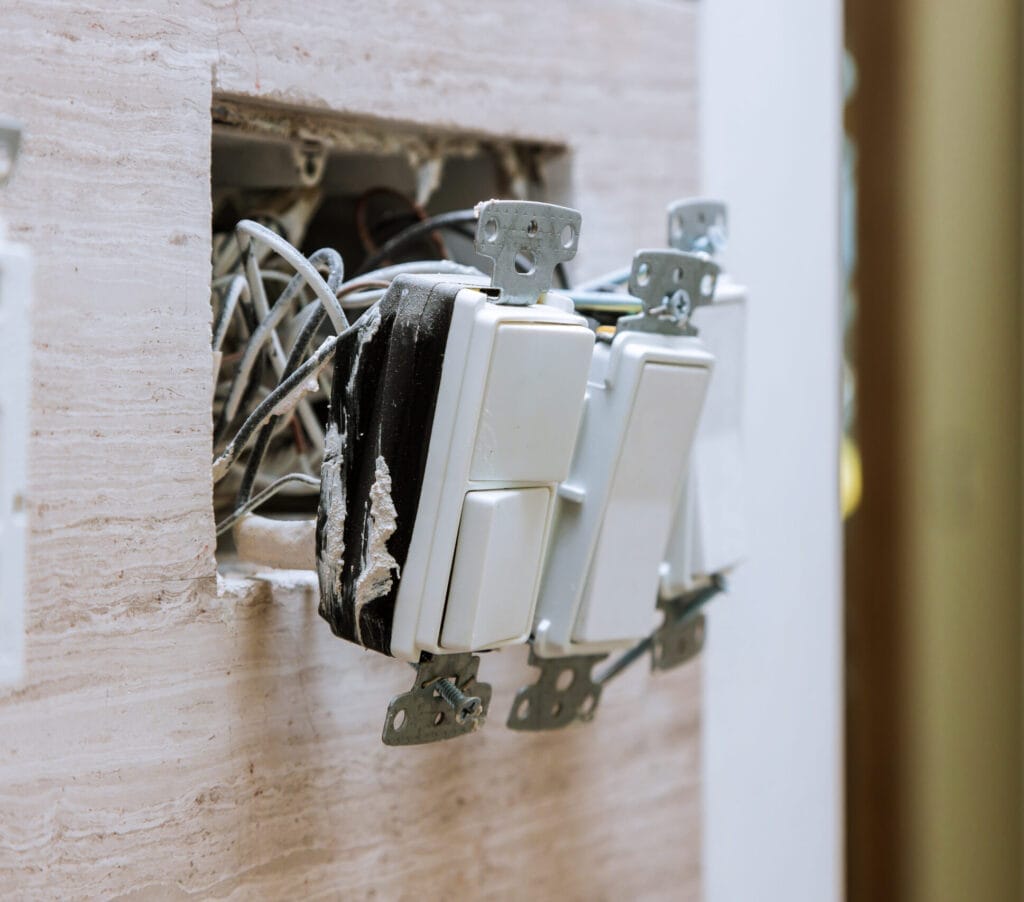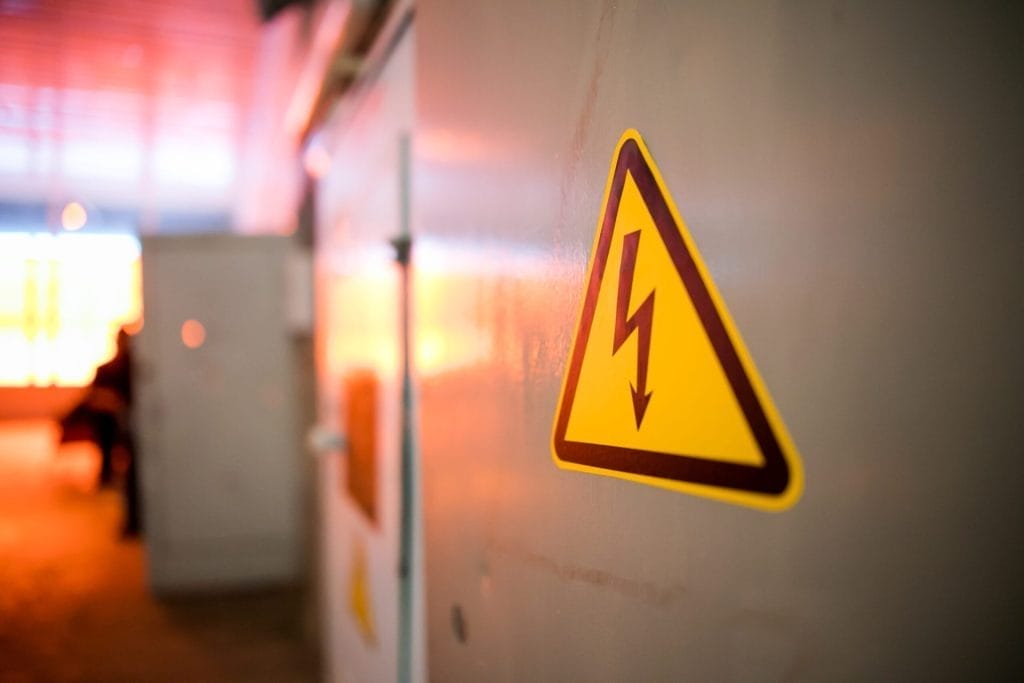
Are you in need of some electrical safety tips? Electricity powers nearly everything in our homes, from lighting to appliances and entertainment devices. However, without proper precautions, electrical systems can pose serious safety risks, especially for families. Whether you’re in an older home or a newly built property, keeping your electrical system safe and functioning properly should be a top priority. Here are some essential electrical safety tips for families in the Denver metro area to ensure your home stays safe and secure.
1. Use GFCI Outlets in High-Risk Areas
Ground Fault Circuit Interrupters (GFCIs) are essential for preventing electrical shocks, particularly in areas with water, such as kitchens, bathrooms, garages, and outdoor spaces. GFCI outlets automatically cut off power when they detect an imbalance in the electrical current, protecting you from potential shocks. If your home doesn’t have GFCIs in these areas, consider upgrading your outlets to meet modern safety standards.
2. Keep Electrical Cords and Outlets Out of Reach of Children
One of the best electrical safety tips is that if you have young children in your home, it’s crucial to childproof electrical outlets and keep cords out of reach. Install tamper-resistant outlets or use outlet covers to prevent little ones from sticking objects into electrical sockets. Additionally, avoid running cords under rugs or furniture, as this can cause them to overheat or become damaged over time, creating a fire hazard.
3. Don’t Overload Electrical Outlets
Overloading outlets is one of the most common causes of electrical fires. Plugging too many devices into a single outlet or power strip can exceed the capacity of your electrical circuit, leading to overheating. To prevent this, avoid using multiple high-wattage devices on the same outlet, and opt for power strips with built-in surge protection to guard against overloads.
4. Test Smoke Alarms and Carbon Monoxide Detectors
Your home’s smoke alarms and carbon monoxide detectors are essential safety devices, especially in the event of an electrical fire or malfunction. Test these devices monthly to ensure they are working correctly, and replace the batteries at least once a year. If your detectors are more than 10 years old, it’s time to replace them with newer models that offer better reliability and features.
5. Schedule Regular Electrical Inspections
Older homes in the Denver metro area may have outdated wiring that doesn’t meet modern safety codes, increasing the risk of electrical fires or system failures. If your home is over 20 years old, or if you’ve experienced frequent circuit breaker trips or flickering lights, it’s time to schedule an electrical inspection. A licensed electrician can identify potential hazards and recommend upgrades to improve safety and efficiency.
6. Unplug Appliances When Not in Use
Unplugging appliances and devices when they’re not in use is a simple yet effective way to reduce the risk of electrical hazards. Even when turned off, appliances can still draw power, leading to potential overheating or damage during power surges. Unplugging helps reduce phantom energy usage and protects your devices from unexpected power surges.
7. Install Whole-Home Surge Protection
Power surges can occur at any time due to lightning strikes, grid fluctuations, or even large appliances cycling on and off. These surges can damage your home’s electrical system and sensitive electronics. Installing a whole-home surge protector helps safeguard your entire electrical system by diverting excess voltage away from your devices, protecting them from damage.
8. Educate Your Family About Electrical Safety
Teaching your family about basic electrical safety can go a long way in preventing accidents. Make sure everyone knows the importance of not touching electrical outlets or cords with wet hands, and emphasize the dangers of water and electricity. Also, teach children never to yank cords out of outlets and to avoid using damaged electrical devices or cords.
Conclusion: Electrical Safety Tips
Maintaining a safe electrical system is key to protecting your home and family from potential hazards. Regular inspections, childproofing outlets, and taking steps to prevent overloads and power surges can make a significant difference in your home’s safety.
At Top Shelf Electric, Heating, & Plumbing, we offer expert electrical services for families in the Denver metro area, from safety inspections to outlet upgrades and whole-home surge protection. Our licensed electricians ensure your home’s electrical system is safe, reliable, and up to code.
Contact us today to schedule an electrical safety inspection or learn more about our electrical services.

